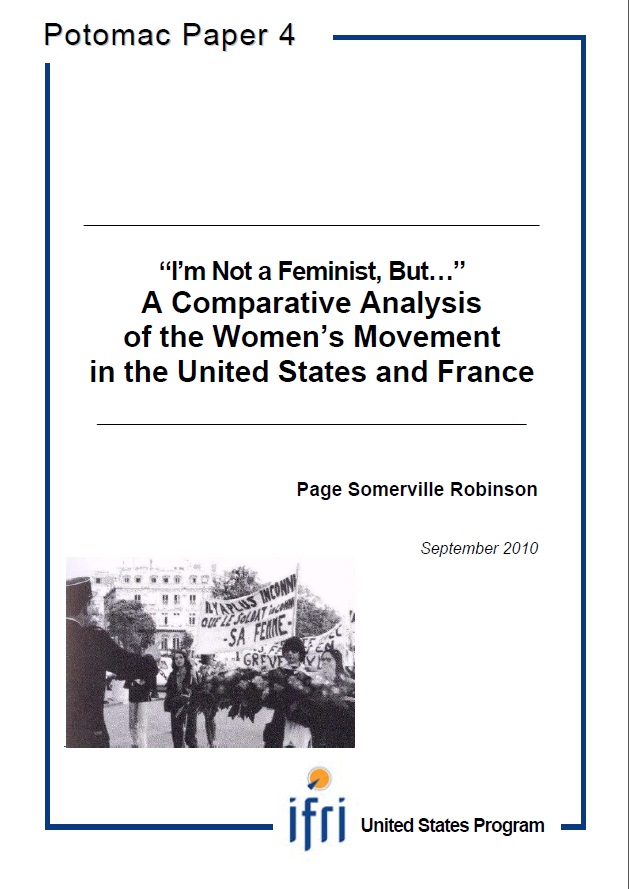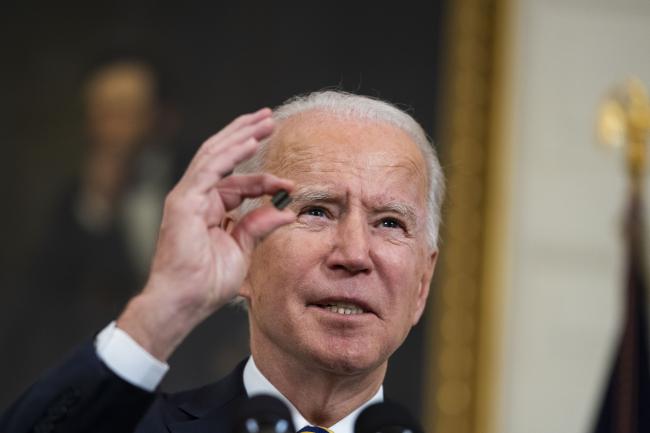‘‘I'm Not a Feminist, But…'', a Comparative Analysis of the Women's Movement in the United States and France

The emergence of a feminist thought in the 18th century gave rise to steady and regular exchanges between French philosophers and American activists. They illustrate in a very particular sector the wealth of the relation between both countries. This dialogue continues on renewed bases today: both in universities (with the exploration of the concept of gender) and in the militant world (with the defense of precise and limited causes).
From the pre-revolutionary era, French and American feminists have engaged in a nearly constant exchange of correspondence and theory. French and American feminist movements thus converged on a number of issues, such as education, divorce and inheritance rights, the fight for suffrage, and reproductive rights.
By the early 1980s, however, a rift developed between French and American feminists caused by misleading academic analyses and misrepresentations in media coverage. American feminists became widely associated in French intellectual circles with manhating radicalism. Conversely, American circles began to correlate French feminism with a primarily differentialist intellectual movement lacking an activist arm. These limited understandings led many to discount the richness and diversity of feminist movements in France and the United States.
This falling-out is not representative of current evolutions however. On the one hand, academic studies on feminism have found a new dynamic in the emergence of Gender Studies; on the other hand, feminist activism remains very much alive, organizing around a number of issues such as equality in the workplace, rights for immigrant women, and stopping violence against women.
Gender Studies are now exploring a number of remaining deep-seated issues, such as whether or not there are essential differences between men and women, and if so, how they are made manifest. Activists also contend with a longstanding tension between social movements and the feminist struggle – as feminists may also be involved in labor movements, for example, how should they prioritize their efforts? Last but not least, with many young women refusing to be called feminists, yet supporting feminist causes, the notion itself may need to be overhauled.
A French-American dialogue on these issues has started afresh. The advent of new media provides a backdrop against which feminists may represent themselves and renew important debates far from misrepresentations.

Available in:
Regions and themes
ISBN / ISSN
Share
Download the full analysis
This page contains only a summary of our work. If you would like to have access to all the information from our research on the subject, you can download the full version in PDF format.
‘‘I'm Not a Feminist, But…'', a Comparative Analysis of the Women's Movement in the United States and France
Related centers and programs
Discover our other research centers and programsFind out more
Discover all our analysesKamala Harris's Economic Program
Since receiving the Democratic nomination in the wake of President Joe Biden’s decision to step aside in the 2024 American presidential race, Vice-President Kamala Harris has been striving to define her own policy platform to attract voters in the limited time remaining before the November 5th election. Since the economy is a central issue for American voters, Harris developed several propositions in that area.
IRA: Towards Clean Hydrogen Leadership in the U.S.
Although late in adopting clean hydrogen (H2) and defining a national strategy–a draft was presented by the Department of Energy (DOE) in September 2022–, the United States (US) has strongly reinforced its support to clean hydrogen with the passage of the Inflation Reduction Act (IRA) in August 2022.
Convince and Coerce: U.S. Interference in Technology Exchanges Between its Allies and China
The tough-on-China policy adopted by the Trump and Biden administrations has – and will increasingly have – important consequences for Washington’s allies, both on their infrastructure choices (5G, submarine cables...) and on their technological exchanges with China.
AUKUS Rocks the Boat in the Indo-Pacific, And It’s Not Good News
For anyone who still harbored doubts, Washington made crystal clear from the announcement of the new trilateral alliance with Australia and the UK (AUKUS) that countering China is its number one priority, and that it will do whatever it takes to succeed. Much has been said about the consequences of AUKUS on the French-US relations, but the strategic implications for the Indo-Pacific nations (including France), and for China especially, are also critical to consider.












